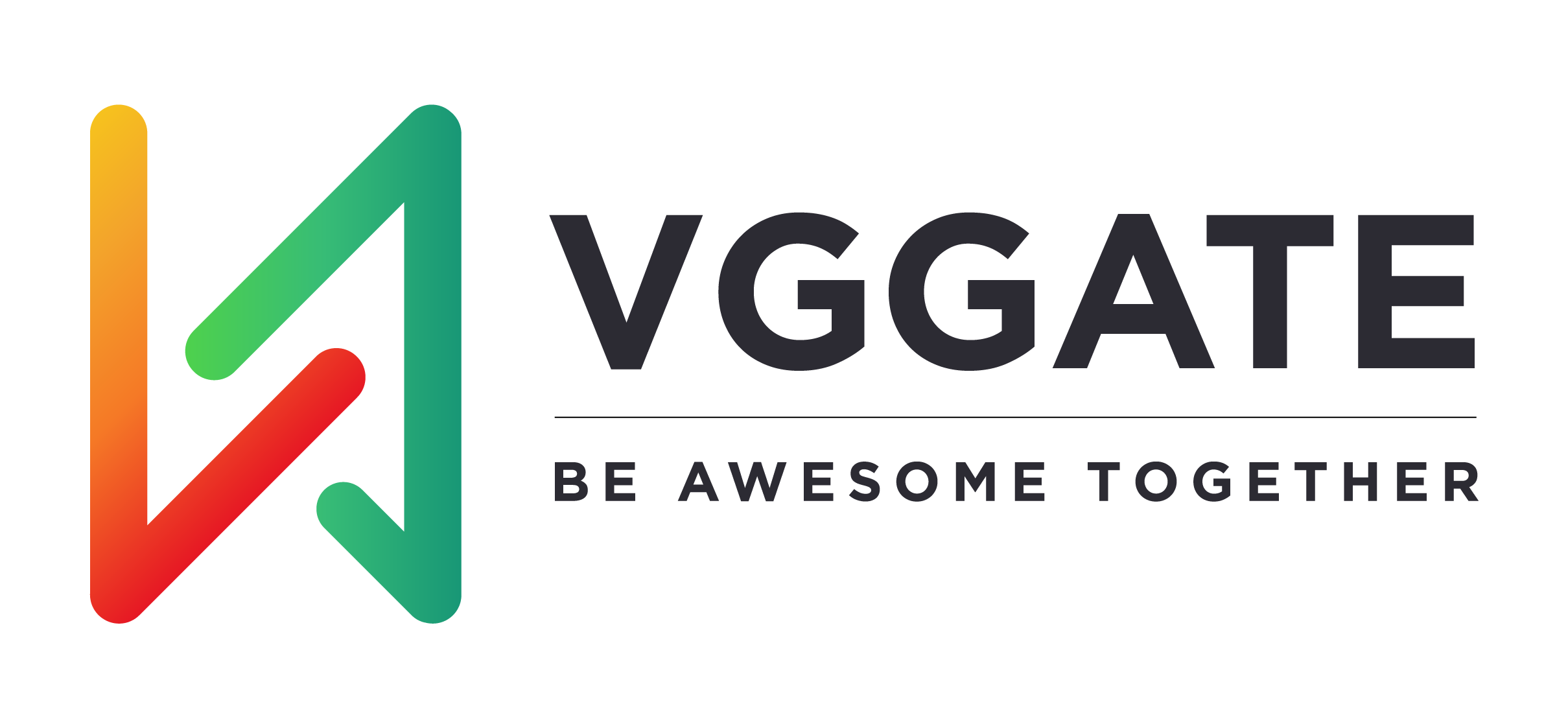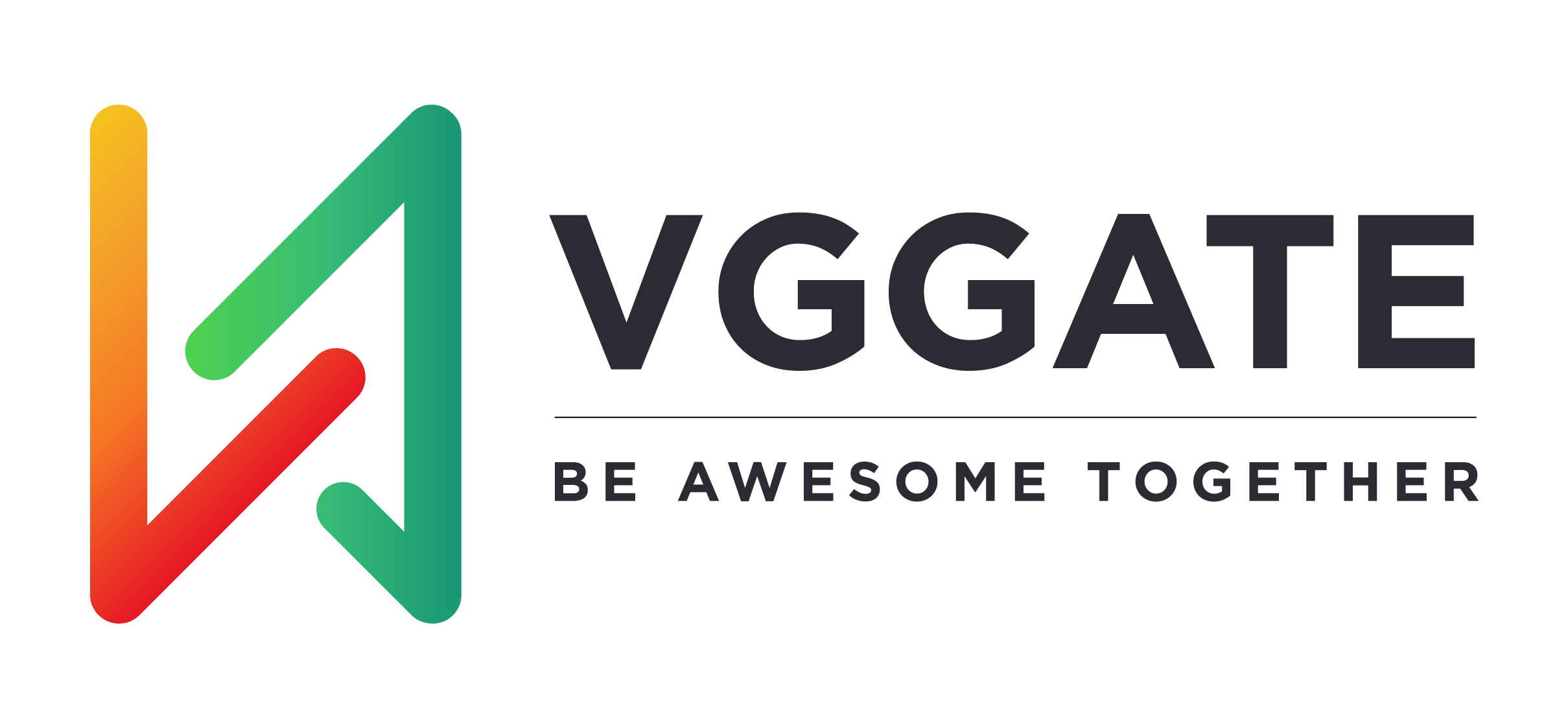In today’s fast-evolving tech landscape, the role of outsourcing developers has shifted. With the rise of AI tools capable of handling routine coding tasks, the value of a developer is no longer measured solely by technical proficiency. Instead, it’s increasingly defined by the ability to understand a product’s vision, proactively contribute to its success, and effectively communicate with clients.
This shift highlights the importance of adopting a product-oriented mindset. Developers who go beyond implementing ticket requirements and engage in the broader product context deliver more value to their clients, foster stronger relationships, and differentiate themselves as senior-level professionals.
What Does It Mean to Be Product-Oriented?
A product-oriented mindset involves:
• Understanding the Bigger Picture: Recognizing the client’s goals, the needs of end-users, and the product’s overall purpose.
• Proactive Contribution: Raising questions, identifying potential issues, and offering thoughtful suggestions.
• User-Centric Thinking: Considering not just technical functionality but also the design and user experience of the product.
This approach positions developers as collaborators rather than task executors, enabling them to play a more strategic role in product development.
Why a Product-Oriented Mindset Matters
1. Clients Value Insightful Contributions
While clients provide requirements, they don’t always have the technical expertise or design knowledge to foresee potential challenges. Developers who identify better approaches or suggest enhancements—whether related to performance, functionality, or user experience—are viewed as trusted advisors.
For instance, a client may request a feature with specific functionality. A product-oriented developer might identify opportunities to improve its usability or suggest an alternative approach that better aligns with the product’s objectives. This kind of proactive engagement builds trust and demonstrates a commitment to the product’s success.
2. The Risks of Assumptions
One common pitfall in outsourcing is assuming what the client wants without seeking clarification. Misinterpretations can lead to inefficiencies, missed deadlines, and frustration for both parties.
A product-oriented developer prioritizes communication, asking thoughtful questions to ensure a clear understanding of requirements. This not only mitigates risk but also uncovers valuable insights that can improve the final product.
3. The Impact of AI
The advent of AI tools like ChatGPT and GitHub Copilot has transformed the development landscape. These tools can generate code, automate repetitive tasks, and even assist in debugging. While they enhance productivity, they also reduce the need for developers to handle basic coding tasks.
To remain competitive, developers must focus on what AI cannot replicate:
• Strategic thinking and problem-solving.
• Understanding complex business goals.
• Building human connections and fostering trust with clients.
A product-oriented mindset leverages AI to streamline routine tasks, enabling developers to dedicate more time to higher-value activities.
4. A Hallmark of Senior Developers
The ability to think critically about a product’s design and functionality distinguishes senior developers from their peers. Senior developers:
• Look beyond ticket requirements to understand the product’s objectives.
• Anticipate challenges and propose actionable solutions.
• Effectively communicate with clients and stakeholders to align on shared goals.
This mindset not only elevates individual developers but also enhances the reputation of their entire team or organization.
How to Foster a Product-Oriented Mindset
1. Always Start with “Why”
Before beginning any task, seek to understand its purpose. Why is this feature important? How does it align with the client’s goals? A clear understanding of the bigger picture informs better decisions.
2. Proactively Communicate
Don’t wait for clients to spot issues or gaps. Raise questions early, provide clear updates, and share ideas for improvement. This shows initiative and builds trust.
3. Focus on the User Experience
Even if UI/UX isn’t your primary responsibility, consider how users will interact with the product. Suggest refinements that could make the experience more intuitive or engaging.
4. Leverage AI to Add Value
Use AI tools to handle repetitive or straightforward coding tasks, freeing up time to focus on more complex challenges and strategic contributions.
5. Continuously Improve Your Skills
Stay updated on the latest trends in technology, product development, and communication. A product-oriented mindset requires not only technical expertise but also strong business acumen and interpersonal skills.
Conclusion
The days when outsourcing developers were valued solely for their ability to write code are fading. Today, clients seek developers who can think critically, contribute proactively, and align their work with the product’s goals.
By adopting a product-oriented mindset, developers can distinguish themselves as indispensable partners in the development process. This not only enhances client satisfaction but also positions developers for long-term success in an increasingly competitive field.
In a world where AI is handling more of the technical workload, the human elements of insight, collaboration, and innovation are more important than ever. Embrace them, and you’ll not only deliver better products but also establish yourself as a leader in your field.



